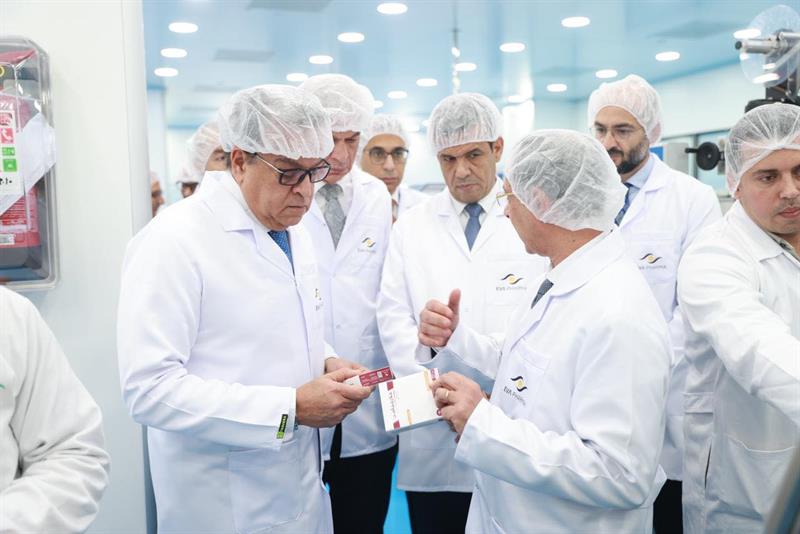Frantz Fanon’s revolutionary ideas, shaped in North Africa’s colonial battlegrounds, take centre stage in a new biopic exploring his pivotal years as a psychiatrist in French-ruled Algeria.
Premiering at the Marrakesh International Film Festival, “Fanon” examines how his work and activism during the Algerian war of independence forged enduring theories on decolonisation and resistance.
Fanon began his Algerian journey in 1953 at Blida psychiatric hospital, where he served as chief physician.
There, he was appalled by the systemic neglect of Algerian patients, who were treated as second-class citizens under French colonial rule.
Determined to challenge this, he introduced a humane, empathy-driven approach to psychiatric care, addressing both the mental and societal wounds of his patients.
At the same time, he secretly treated and supported members of the National Liberation Front (FLN), whose armed struggle against colonial rule was escalating.
The film vividly captures the brutal realities of colonial Algeria, portraying systemic violence, repression and the deep-seated contempt for native populations.
Fanon’s growing activism put him at odds with colonial authorities, and in 1956, he was pressured to leave Algeria.
By then, the Algerian war for independence was in full swing, a conflict that lasted until 1962 and claimed hundreds of thousands of lives.
Director Jean-Claude Barny uses evocative imagery, voice-over narration and flashbacks to delve into the inner world of the Martinican thinker.
“We wanted to immerse viewers in his psyche, making them feel part of his journey,” Barny told AFP in an interview during the festival.
The film avoids conventional, dialogue-heavy storytelling, instead relying on visual and emotional cues to reflect Fanon’s intellectual and personal struggles.
Barny spent a decade bringing the project to life, citing the need for meticulous research and financial constraints that delayed production.
“I needed time to fully grasp his philosophy and refine the script,” said Barny, 59, who storyboarded every scene to ensure the film captured Fanon’s essence.
Unable to film in Algeria, the production recreated settings in Tunisia, where Fanon relocated in 1957 after his activism put him at risk.
In Tunis, he continued working with the FLN, aiding their political and military campaigns against French rule while writing prolifically on the psychology of colonisation.
Barny hopes the film resonates with modern audiences by drawing parallels between Fanon’s ideas and today’s struggles against systemic injustice.
“His work provides tools to understand and confront ongoing issues like occupation and discrimination,” Barny said.
The biopic is set to release in France in April, aiming to provoke critical reflection while reaching a wide audience.
“This film proves that visually stunning cinema can also tackle deep, thought-provoking issues,” Barny said.
source/content: english.ahram.org.eg (headline edited)
____________

____________
ALGERIA
